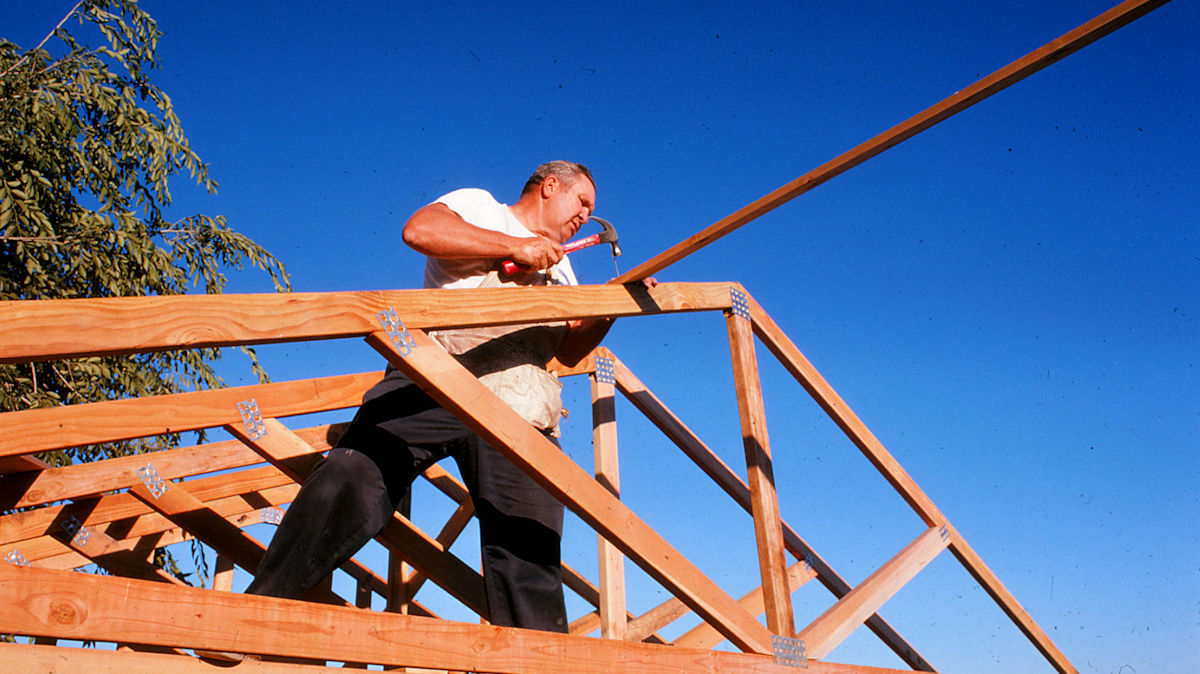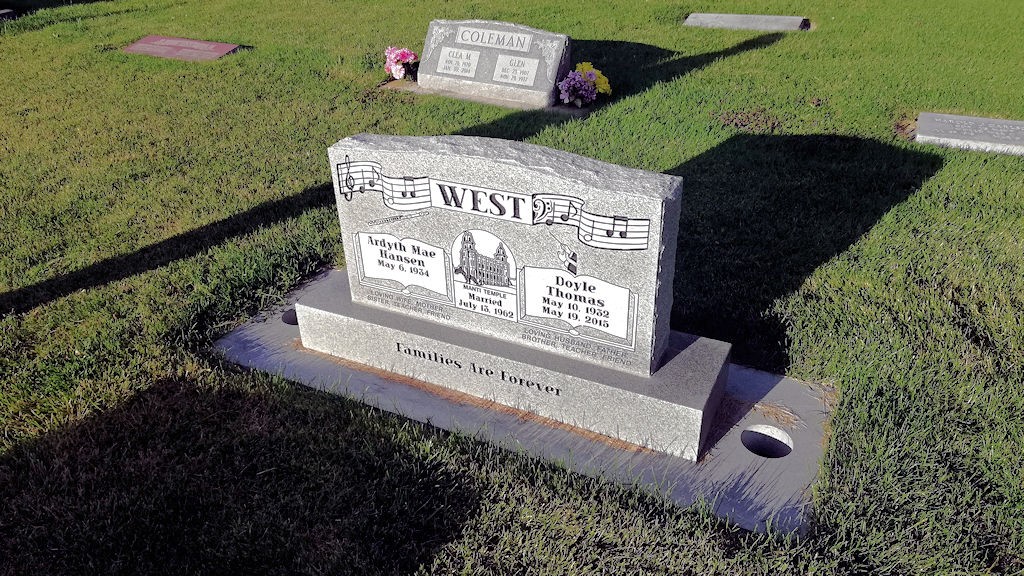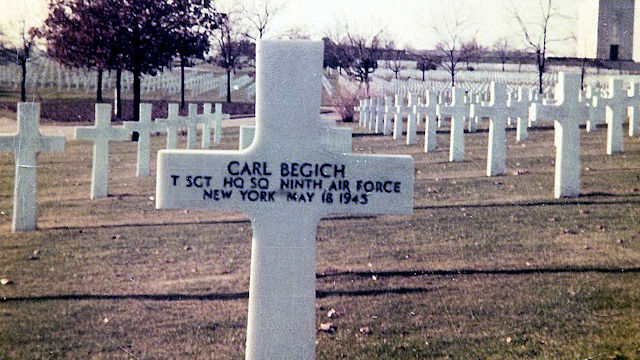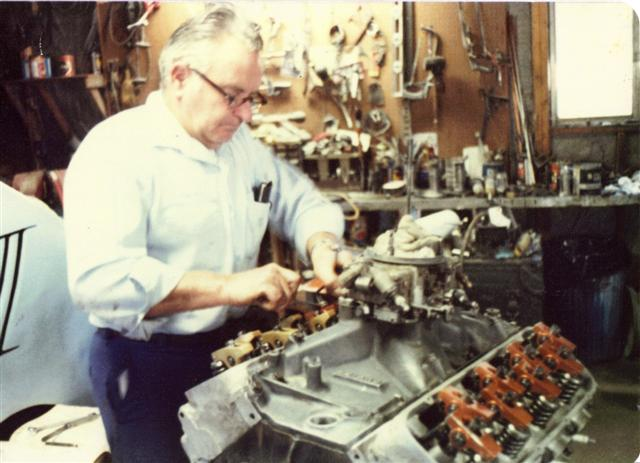
The Value of One Personal History
/
5 Comments
When I got up in the middle of the night last night to, apparently,…

The Vital Importance of the In-Law Family
My wife and I just returned from a fairly quick trip to California…
 https://westoverfamilyhistory.org/wp-content/uploads/2018/07/doyle1.jpg
576
1024
Jeff Westover
https://westoverfamilyhistory.org/wp-content/uploads/2022/04/logo22.png
Jeff Westover2018-07-02 21:40:252024-03-03 13:01:21Finding Doyle West
https://westoverfamilyhistory.org/wp-content/uploads/2018/07/doyle1.jpg
576
1024
Jeff Westover
https://westoverfamilyhistory.org/wp-content/uploads/2022/04/logo22.png
Jeff Westover2018-07-02 21:40:252024-03-03 13:01:21Finding Doyle West
A Fitting Memorial for Grandpa
Memorial Day. A day argued by many that is lost to some in meaning.…

The Beauty of the Little Details
Recently I have had the chance to connect with more of my Begich…
